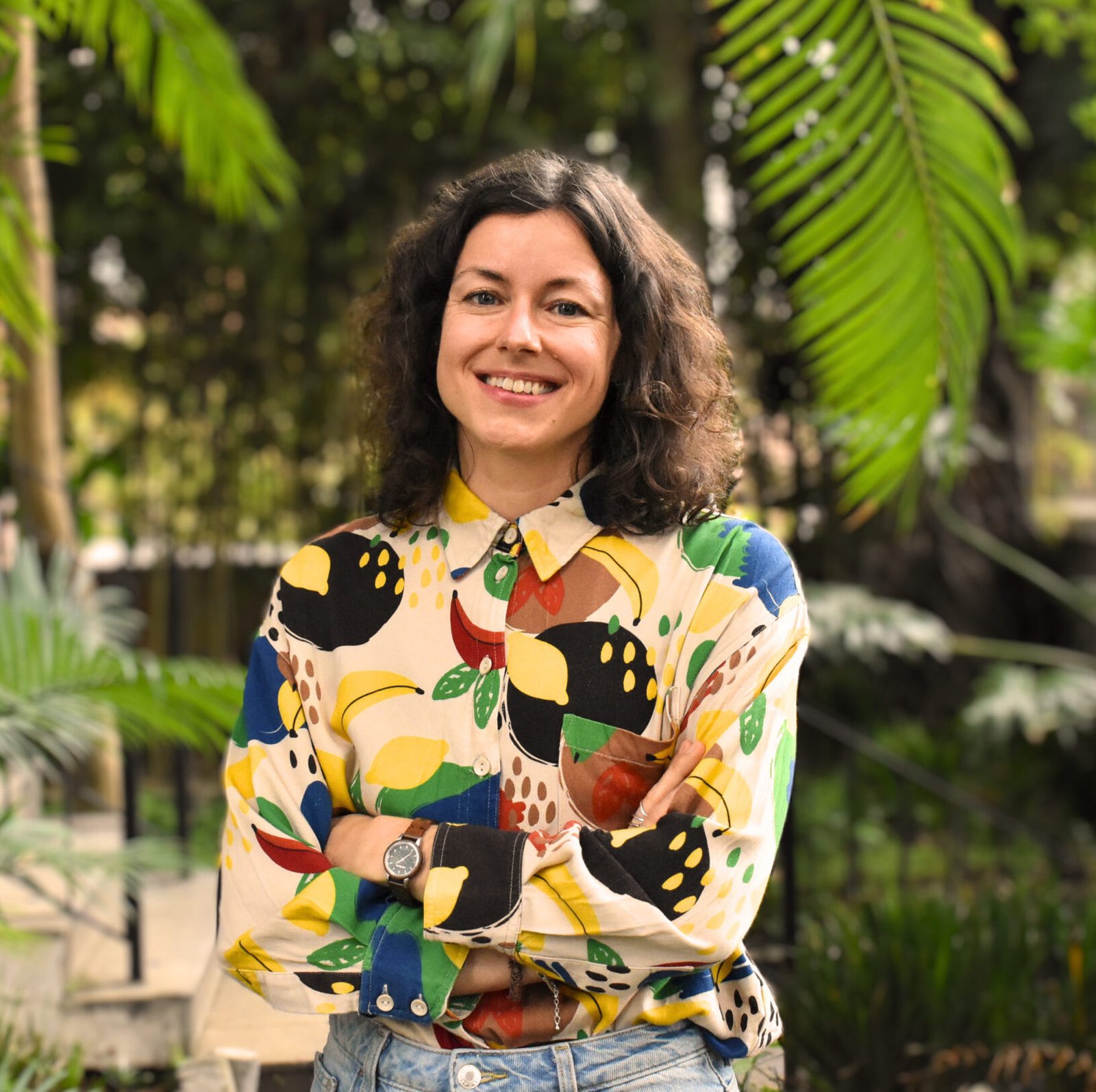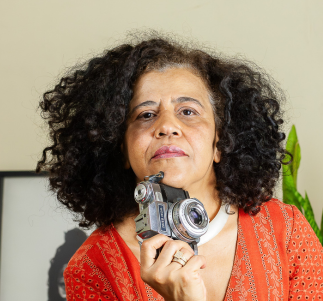Relationalities
Abstract
Relationalities have marked the Mecila Centre’s research program since its beginning. The very name of the Centre, Conviviality-Inequality, refers to two relational concepts which, additionally, are in a relationship of co-constitution. Moreover, relationalities shape the process of knowledge production at the Centre, understood not as the isolated action of an abstract cognizing subject but as a dialogical and relational practice involving researchers from different generations, disciplines and regions as well as non-academic experts such as activists and artists.
Relationalities is the annual theme guiding part of Mecila’s research in 2025. We expect that the theme, both open in terms of the specific issues and constellations that can be addressed and well defined in terms of the epistemological stance it evokes, will encourage innovative empirical and theoretical investigations allowing Mecila to advance and expand its research program.

Arturo Alvarado
Researcher

Jasmin Wrobel
Researcher

Mônica Cardim
Researcher
Informalities
Abstract
A multitude of demographic, social, and economic factors, including production restructuring, the integration of technological advancements into work, and economic crises, are linked to the growth of informal activities. In the context of the 2024 Annual Theme on Informalities, Mecila aims to foster theoretical discussions, empirical research, and case studies delving into informality concerning the conviviality-inequality nexus that steers the Centre’s research program.

Antonella Delmonte Allasia
Researcher

Cristina Teixeira Marins
Researcher

Ornela Alejandra Boix
Researcher
Submerged Visualities in Latin American Literature, Film and Performance Art: New Perspectives on Nature and Indigeneity
Abstract
This Thematic Research Group focuses on the entanglements between indigenous knowledge and artistic practices, understanding how nature/environment is staged through Art and different media beyond western frameworks. Thus, we seek for submerged perspectives: other ways of gaining visibility and multiple possibilities of agency that subvert the extractive gaze. Our research explores how film, literature and performance art represent and perform the nexus between conviviality-inequality and to which extent they criticize and invert asymmetric structures in relationships between human and non-human actants.

Berit Callsen
Researcher

Flavia Pinheiro Meireles
Researcher

Mariana Maia Simoni
Researcher
A new grammar for human rights public policy production: gender, sexuality, and race in Bolsonaro’s government
Abstract
Jair Bolsonaro’s government (2019-2022) is an exemplary case of the multiple conservative phenomena experienced globally and manifested differently in each country today. This research project argues that current conservative political articulations differ from past conservative tactics, especially regarding human rights. Human rights public policy design and discourse are currently a major arena for conservative groups. These have managed to connect the language of conservative politics with the debate over human rights, imposing a new grammar to this dimension of public life, while reaffirming principles in opposition to previously accepted definitions of human rights. Race, gender, and sexuality play a central role in the case of Bolsonaro’s government, as demonstrated by the Ministry of Women, Family, and Human Rights led by Damares Alves. Based on a systematic assessment of this ministry’s actions during the first two years of Bolsonaro’s government (2019-2020), our work identifies the main terms of the dispute (here referred to as ‘a new grammar’) and considers its possible impacts for the future of human rights public policy production, using Brazil as a key case to understand similar processes in other countries.

Jaqueline Moraes Teixeira
Researcher

Marília Moschkovich
Researcher
Conservative educational projects and their configurations of conviviality-inequality in Argentina and Chile: the Macri and Piñera governments (2010-2020)
Abstract
This research group examines the educational projects of conservative actors in Chile and Argentina over the last decade from an interdisciplinary, transnational, and comparative perspective. We focus on the governments of Sebastián Piñera (2010-2014 and 2018-present) and Mauricio Macri (2015-2019) as well as their mutual linkages with private actors. We understand education as a crucial practice that builds cultural hegemony through the transmission of knowledge, values, and ideas in order to produce consensus and social conformity. The group combines two key analyses: the analysis of educational strategies and programmes aimed at students; and, using a broader definition of education, the analysis of visual materials and music as political persuasion strategies aimed at society as a whole. Specifically, we examine the educational projects firstly in terms of their forms of legitimisation and symbolic representation of class, ethnic, and gender-related hierarchies and differences; and secondly in terms of the underlying imaginaries of conviviality. The group analyses texts, visual materials, and musical compositions using discourse analysis (Hajer 2004), the constant comparative method (Glaser & Strauss 1967), the iconographic-iconological method (Brocks 2012 among others), and Brenner’s (1992) theoretical multilevel model for the political use of music.

Cinthia Wanschelbaum
Researcher

Cristina Alarcón
Researcher

Katharina Schembs
Researcher

